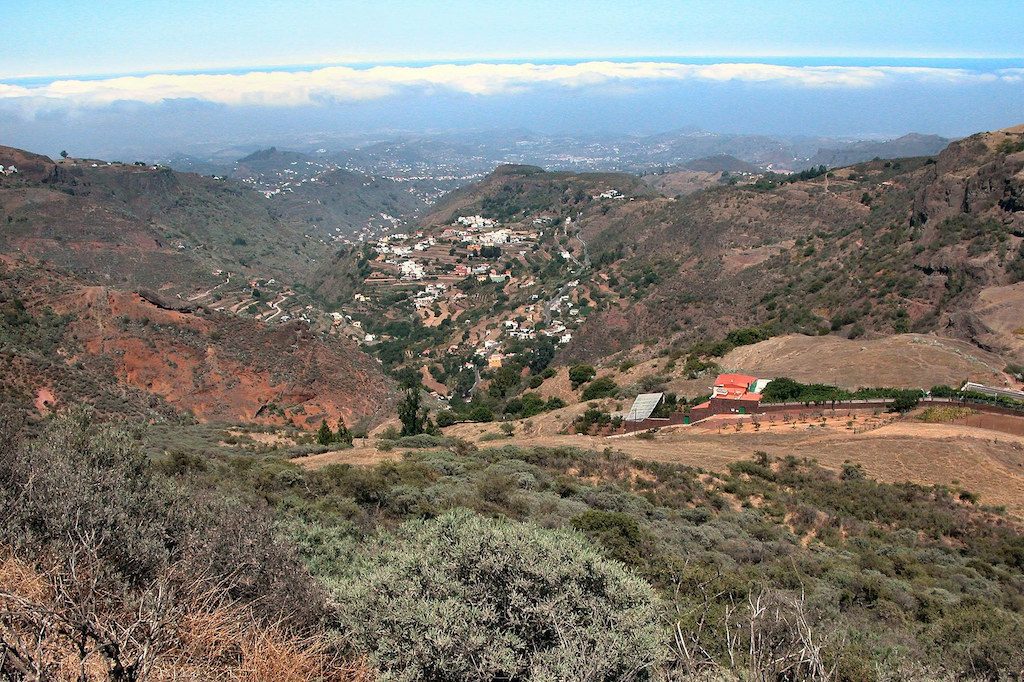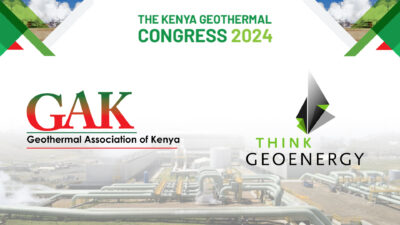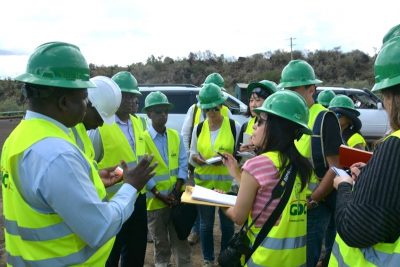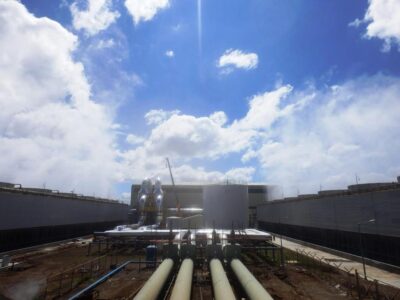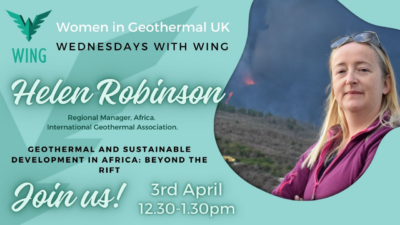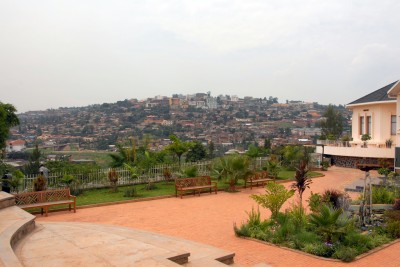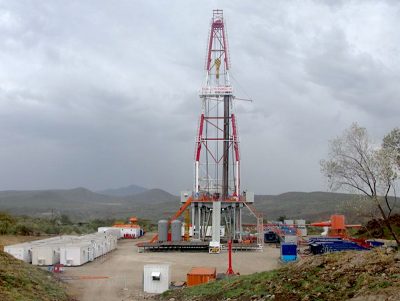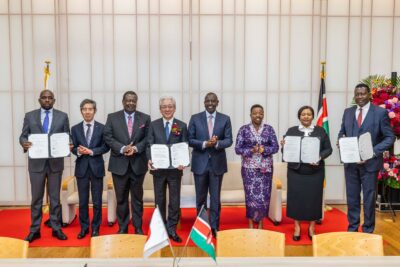Repsol looking for geothermal opportunities in Gran Canaria, Spain
Spanish oil company Repsol will be exploring the opportunity of geothermal development on Gran Canaria, one of the Canary Islands of Spain.
Spanish oil company Repsol has to reinvent itself due to the energy transition and has set itself the goal of being completely CO?-neutral by 2050. Starting with electric car charging stations at the company’s filling stations, the company has now taken another step. On the island of Gran Canaria, one of the Canary Islands archipelago southeast of Tenerife and west of Fuerteventura. On this volcanic island about 150 kilometres off the northwestern coast of Africa, Repsol wants to investigate the possibility of using the volcanic energy from the interior of the islands so that it can be integrated into the energy mix of the islands.
The General Directorate for Industry of the Canary Islands has given the Spanish group permission to study an area of ??466 square kilometers over seven municipalities in Gran Canaria for a year. It is the first step in using geothermal energy to generate electricity on the island.
These examinations are to take place in the municipalities of La Aldea, Tejeda, Mogán, San Bartolomé de Tirajana, Santa Lucía de Tirajana, Agüimes and Ingenio. Current estimates assume that a geothermal system with an output of around 10 megawatts could supply around 23,000 households in Gran Canaria with electricity. This would reduce carbon dioxide emissions by around 57,000 tons per year.
Repsol is actively working on converting the company, so the group stopped oil production in Spanish territorial waters in spring 2021. There was one last oil rig off Tarragona. Repsol continues to be criticized in the Canary Islands, as this company was then searching for oil and gas in the waters of the Canary Islands. Ultimately, however, nothing profitable was found. So now a “green” project, this could significantly reduce the tension.
The project is called “Lisa” and approval was granted on November 18, 2021. Even if the permit is issued for one year, it can be extended for a further year if necessary. There will be no drilling etc. in Gran Canaria in the first phase of the project. All work is carried out on the surface of the earth. If the first phase is successful, then another project must be developed, which will review the determined data on the topic.
How does Repsol know if it might be worth it?
First of all, structural and geochemical analyzes of elements on the surface are carried out, followed by thermal imaging cameras, aerial and satellite images. All the data obtained are fed into 3D models, which then evaluate the data. If it turns out that there is a geothermal reaction that is at least 150 ° C hot and that it could also be accessible, then things get interesting. It must then be calculated whether the cost of generating the energy makes sense at all.
Geothermal energy could provide further stability for the energy balance on Gran Canaria and ideally complement solar systems and wind parks. This energy does not depend on whether the sun is shining or whether there is enough wind.
Another advantage of this energy is that it can hardly be obtained visibly. The necessary power plants only need a small area.
There are already some examples of the use of geothermal energy in the Canary Islands. However, no previously used source has reached more than 100 degrees C. These sources are used to heat pool systems, for example, or hot water in hotels. In some households this energy is also used for heating.
Source: Infos Gran Canaria
